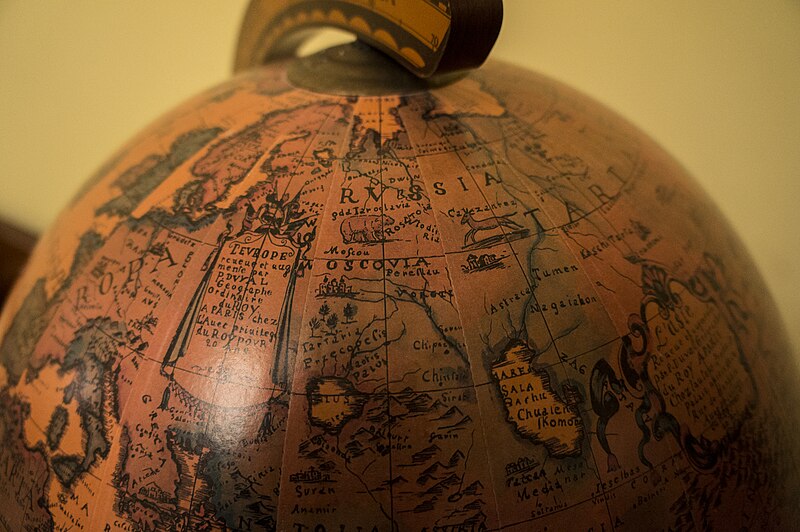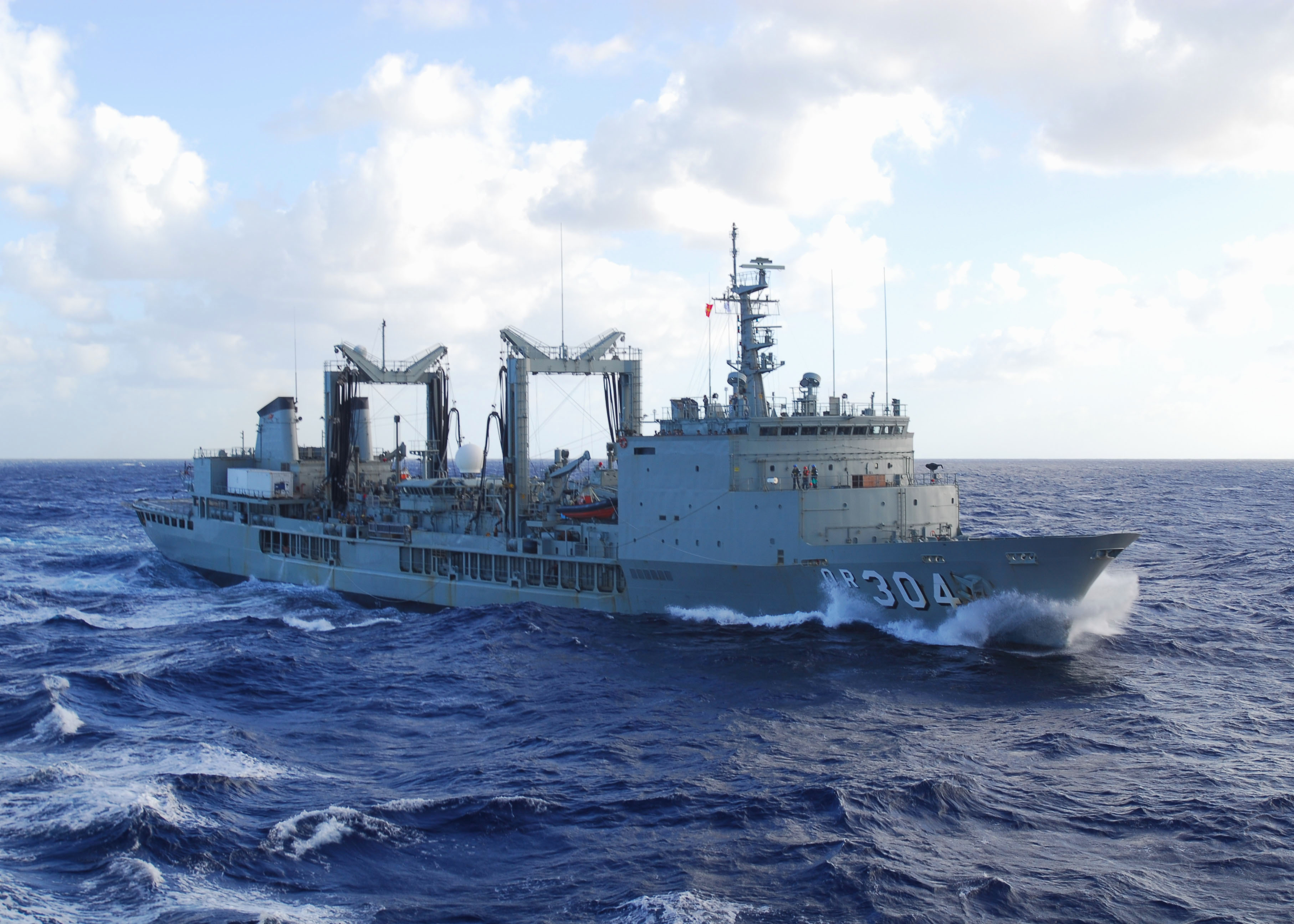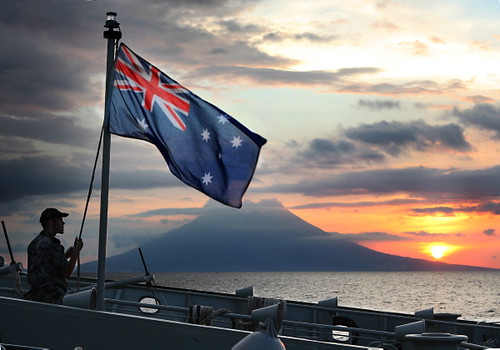
This article was originally published by the Australian Strategic Policy Institute on 24 August, 2015.
It’s important to consider steps to make the ANZUS alliance more robust to weather the challenges brought about by the rise of China. Our contributions to US-led operations in the Middle East and Afghanistan weren’t trivial for the Australian Defence Force (ADF) in operational terms, but they were far less consequential in strategic terms for two main reasons. First, Afghanistan and Iraq were ‘wars of choice’ as there was no existential danger posed to Australia, so we could continuously adjust our political and operational objectives in order to declare a relative ‘victory’ to our domestic audiences. Second, even if Australia had decided not to support its US ally in these campaigns it wouldn’t have caused irreparable damage to the Alliance. Washington wouldn’t have liked it, but US policy-makers would’ve seen the continued value of ANZUS for US interests in the Asia–Pacific.




